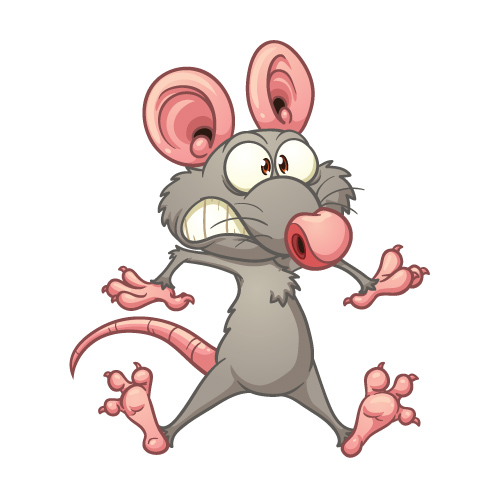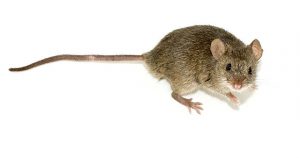
11 May Mice
 A mouse (plural: mice) is a small rodent characteristically having a pointed snout, small rounded ears, a body-length scaly tail and a high breeding rate. The best known mouse species is the common house mouse (Mus musculus). It is also a popular pet. In some places, certain kinds of field mice are locally common. They are known to invade homes for food and shelter.
A mouse (plural: mice) is a small rodent characteristically having a pointed snout, small rounded ears, a body-length scaly tail and a high breeding rate. The best known mouse species is the common house mouse (Mus musculus). It is also a popular pet. In some places, certain kinds of field mice are locally common. They are known to invade homes for food and shelter.
Domestic mice sold as pets often differ substantially in size from the common house mouse. This is attributable both to breeding and to different conditions in the wild. The most well known strain, the white lab mouse, has more uniform traits that are appropriate to its use in research.
The American white-footed mouse (Peromyscus leucopus) and the deer mouse (Peromyscus maniculatus), as well as other common species of mouse-like rodents around the world, also sometimes live in houses. These, however, are in other genera.
Cats, wild dogs, foxes, birds of prey, snakes and even certain kinds of arthropods have been known to prey heavily upon mice. Nevertheless, because of its remarkable adaptability to almost any environment, the mouse is one of the most successful mammalian genera living on Earth today.
Mice, in certain contexts, can be considered vermin which are a major source of crop damage, causing structural damage and spreading diseases through their parasites and feces. In North America, breathing dust that has come in contact with mouse excrement has been linked to hantavirus, which may lead to hantavirus pulmonary syndrome (HPS).
Primarily nocturnal animals, mice compensate for their poor eyesight with a keen sense of hearing, and rely especially on their sense of smell to locate food and avoid predators.
Mice build intricate burrows in the wild. These burrows typically have long entrances and are equipped with escape tunnels or routes. In at least one species, the architectural design of a burrow is a genetic trait.
